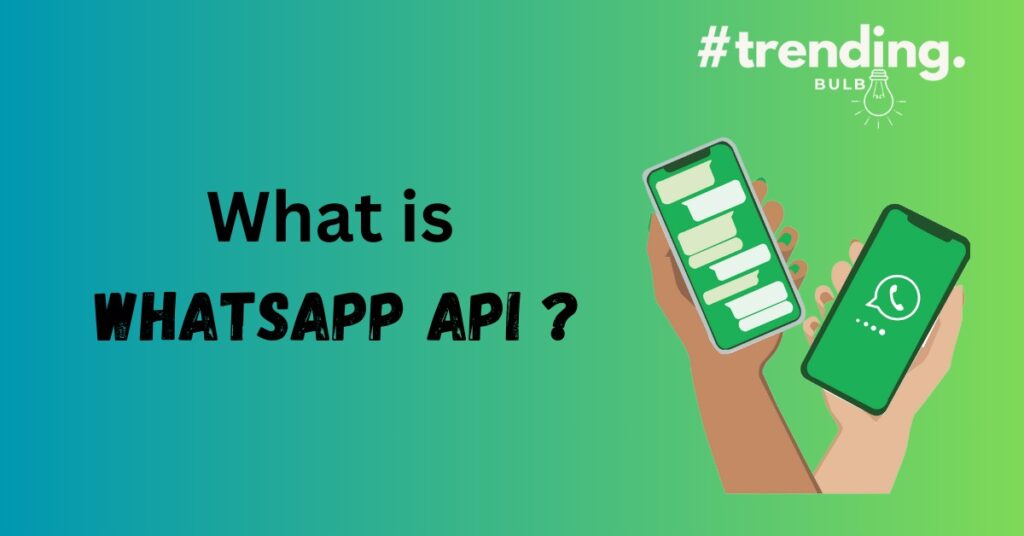
In the digital age, WhatsApp has become an essential tool for businesses wanting to connect with customers in real-time. With its vast popularity and user-friendly messaging capabilities, WhatsApp offers a unique platform for companies to engage and automate interactions. This guide will walk you through everything you need to know about WhatsApp automation, including its benefits, implementation strategies, best practices, and available tools.
What is WhatsApp Automation?
WhatsApp automation involves using software or tools to streamline messaging and interaction on the platform. This can include sending automated replies, scheduling messages, and managing contact lists. By leveraging automation, businesses can optimize communication workflows, improve response times, and provide a more personalized experience for customers.
Key Benefits of WhatsApp Automation
- Enhanced Efficiency: Automation allows businesses to handle high volumes of inquiries without manual intervention. This means quicker responses and less strain on customer service teams.
- 24/7 Availability: Automated replies ensure that customers receive prompt responses even after hours, significantly improving customer service.
- Scalability: As businesses grow, automation enables them to scale communication efforts without sacrificing quality. This means reaching a broader audience more effectively.
- Improved Customer Experience: By providing instant information and responses, businesses can enhance customer satisfaction and loyalty.
How WhatsApp Automation Works
Automated Responses
Automated responses are pre-written messages that activate based on specific keywords or inquiries. For example, a retail store might have automated replies set up to answer questions about store hours or product availability. This helps customers get the information they need quickly and efficiently.
Message Scheduling
Businesses can schedule messages to be sent at designated times. This feature is beneficial for sending promotional offers, event reminders, or follow-up messages after customer interactions. For example, a company might schedule a reminder for an upcoming sale or a thank-you message after a purchase.
Contact Management
Automation tools enable businesses to organize and manage their contacts effectively. Contacts can be segmented based on factors like purchase history or geographic location. This allows for targeted messaging, ensuring that communications are relevant to the audience.
Best Practices for WhatsApp Automation
- Personalization: Even with automated responses, it’s crucial to maintain a personal touch. Use customer names and relevant details to foster engagement and connection.
- Compliance: Always adhere to WhatsApp’s policies and guidelines for automation. This helps avoid potential account suspensions or restrictions.
- Analytics and Optimization: Regularly monitor performance metrics such as response rates and customer satisfaction. Use these insights to refine messaging strategies and improve effectiveness over time.
Real-World Applications
Case Study 1: Retail Business
A retail business implemented WhatsApp automation to manage customer inquiries about product availability and store locations. By using automated responses, they provided immediate information to customers. This not only lightened the load on customer service representatives but also led to increased customer satisfaction as shoppers received instant answers.
Case Study 2: Service Industry
In the service industry, a company used WhatsApp to send appointment reminders and service updates. Automated messages kept customers informed and confirmed appointments efficiently. This streamlined communication improved overall service delivery and ensured customer satisfaction.
Tools for WhatsApp Automation
Several tools can help businesses automate their WhatsApp interactions. Here are a few popular options:
- WhatsApp Business API: Ideal for medium to large businesses, it allows for advanced automation features and integrations with CRM systems.
- Chatbots: Many platforms offer chatbot solutions that integrate with WhatsApp. These bots can handle a variety of customer inquiries, making interactions seamless.
- Third-Party Automation Tools: Several third-party tools allow businesses to manage their WhatsApp messaging, including scheduling, contact management, and analytics.
Conclusion
WhatsApp automation presents a significant opportunity for businesses to enhance their communication processes and engage customers more effectively. By implementing automation tools and following best practices, companies can deliver a personalized experience that keeps customers satisfied and loyal.
If you’re looking to boost customer service response times or expand your marketing efforts, consider integrating WhatsApp automation into your business strategy. Start leveraging this powerful tool today, and watch how it transforms the way you connect and engage with your audience. In the competitive digital landscape, embracing automation can lead to greater efficiency and improved customer satisfaction, making WhatsApp an invaluable communication platform for your business. To read more about whatsapp automation click here and to read more about this kind of blog click he

